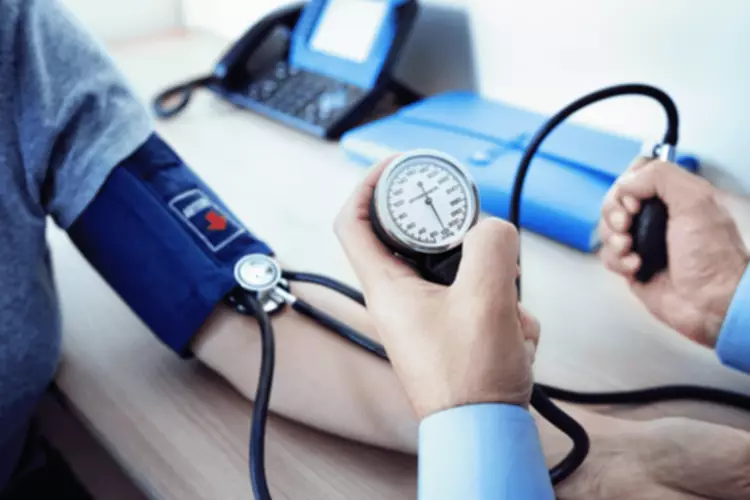Does Alcohol Thin Your Blood? Effects and Impact
Ultimately, the safest approach is to consult with a healthcare professional who can provide personalized guidance based on one’s health status and the type of blood thinner medication being used. The goal of warfarin therapy is to decrease the clotting tendency of blood, not to prevent clotting completely. The effect of warfarin must be monitored carefully with blood testing. Based on the results of the blood test, your daily dose of warfarin will be adjusted to keep your clotting time within a target range. The blood test used to measure the time it takes for blood to clot is referred to as a prothrombin time test, or protime (PT).
How to Manage Side Effects
A person who is uncertain whether they can drink alcohol while taking blood thinners should speak with a doctor. Anyone who experiences severe symptoms, such as constant bleeding, intense pain, or dizziness, should seek emergency care. For example, people with liver problems may need to limit their alcohol use more strictly. Doctors and pharmacists can advise people whether they should avoid or limit their alcohol use while taking blood thinners. The safest way to avoid complications is to refrain from exceeding the recommended daily intake of alcohol.
Warfarin Oral: Uses, Side Effects, Interactions, Pictures, Warnings & Dosing – WebMD
Warfarin Oral: Uses, Side Effects, Interactions, Pictures, Warnings & Dosing.
Posted: Mon, 11 Aug 2014 04:46:30 GMT [source]
What Are the Long-Term Effects of Alcohol on the Body?
It could also reverse the effects of the blood thinners, increasing the risk of dangerous conditions like heart attack or stroke. The process of blood clotting is very complex, with multiple https://ecosoberhouse.com/ chains of chemical reactions called the “clotting cascade” that must occur to develop a blood clot. Blood thinners slow parts of this process, making blood clots form more slowly.
- However, it is always advisable to consult a doctor or pharmacist before drinking alcohol with any new medication.
- This could mean that the neurobiological underpinnings of addiction may take root well before an individual or their loved ones suspect a problem with alcohol.
- Anticoagulants are commonly administered in pill form or via injections, with some requiring regular blood monitoring to ensure safe and effective use.
- It is essential for patients on these medications to understand their side effects and interactions, as they can vary widely among different blood thinners.
- This article discusses the effects that alcohol has on the blood in both the short and long term.
More don’ts if you take a blood thinner
Some may need to limit their intake more severely or abstain altogether, depending on their medical history and treatment plan. Excessive alcohol consumption, especially binge drinking, can exacerbate these effects due to the synergistic impact it has when combined with anticoagulants. This can lead to dangerous situations such as bleeding in the brain, which can trigger strokes or heart attacks.
- Since blood thinners are designed to thin the blood and alcohol has that same effect, drinking alcohol while on blood thinners should be avoided to prevent excessive thinning.
- Make sure to tell your doctor about all the medications you’re taking.
- They also highlighted that long-term heavy drinking and binge drinking may increase someone’s risk of various cardiovascular conditions.
- However, the National Institute on Alcohol Abuse and Alcoholism (NIAAA) underscores that certain individuals should abstain from alcohol entirely, including those on blood thinners.
- Blood thinners do not actually reduce the size of existing clots, but they can enhance the body’s natural process for eliminating unhealthy blood clots.

However, more research is necessary to determine whether alcohol use is directly responsible for these possible heart benefits. Roughly 1 in 5 U.S. adults report binge drinking at least once a week, with an average of seven drinks per binge episode. Alcohol is one of the leading causes of death in the United States, contributing blood thinners and alcohol to approximately 178,000 deaths annually. Over time, alcohol use takes a toll on your body and increases your risk of over 200 health conditions. From a glass of wine with dinner to a night out with friends or a celebratory toast, alcohol consumption is deeply ingrained in many social practices and cultural traditions worldwide.
A Patient’s Guide to Taking Warfarin
International Patients
- Avoiding the combination of blood thinners and alcohol is much more difficult for those addicted to alcohol.
- It also suggests long-term alcohol use may increase the dose requirements for general anesthesia.
- You should be very careful when taking part in activities that could cause any type of injury.
- This type of blockage can lead to life-threatening conditions such as pulmonary embolism, stroke, or heart attack.
- While the mechanism behind why this happens is unclear, the theory is that this moderate consumption reduces stress reactivity in the brain.
